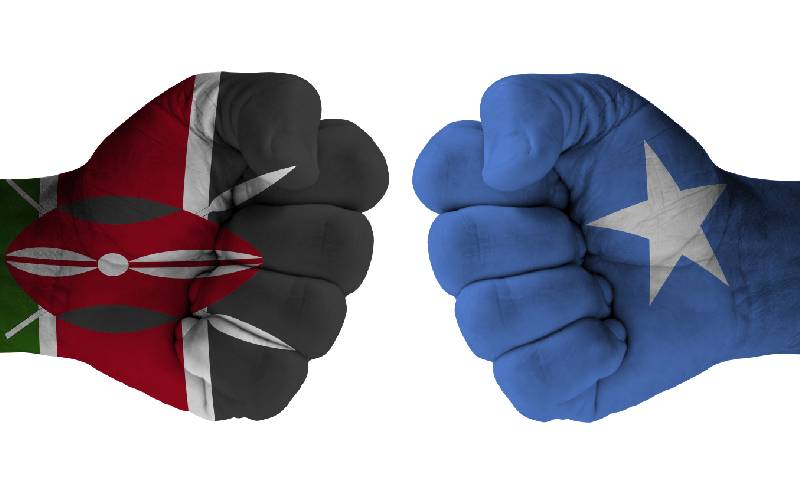×
The Standard e-Paper
Home To Bold Columnists

Somalia will have to maintain its current temperance if lasting solutions are to be realised. [Courtesy]
After months of intense tension that saw ties between Kenya and Somalia fall to a historic low, there is renewed hope. The neighbours could mend relations and work together.